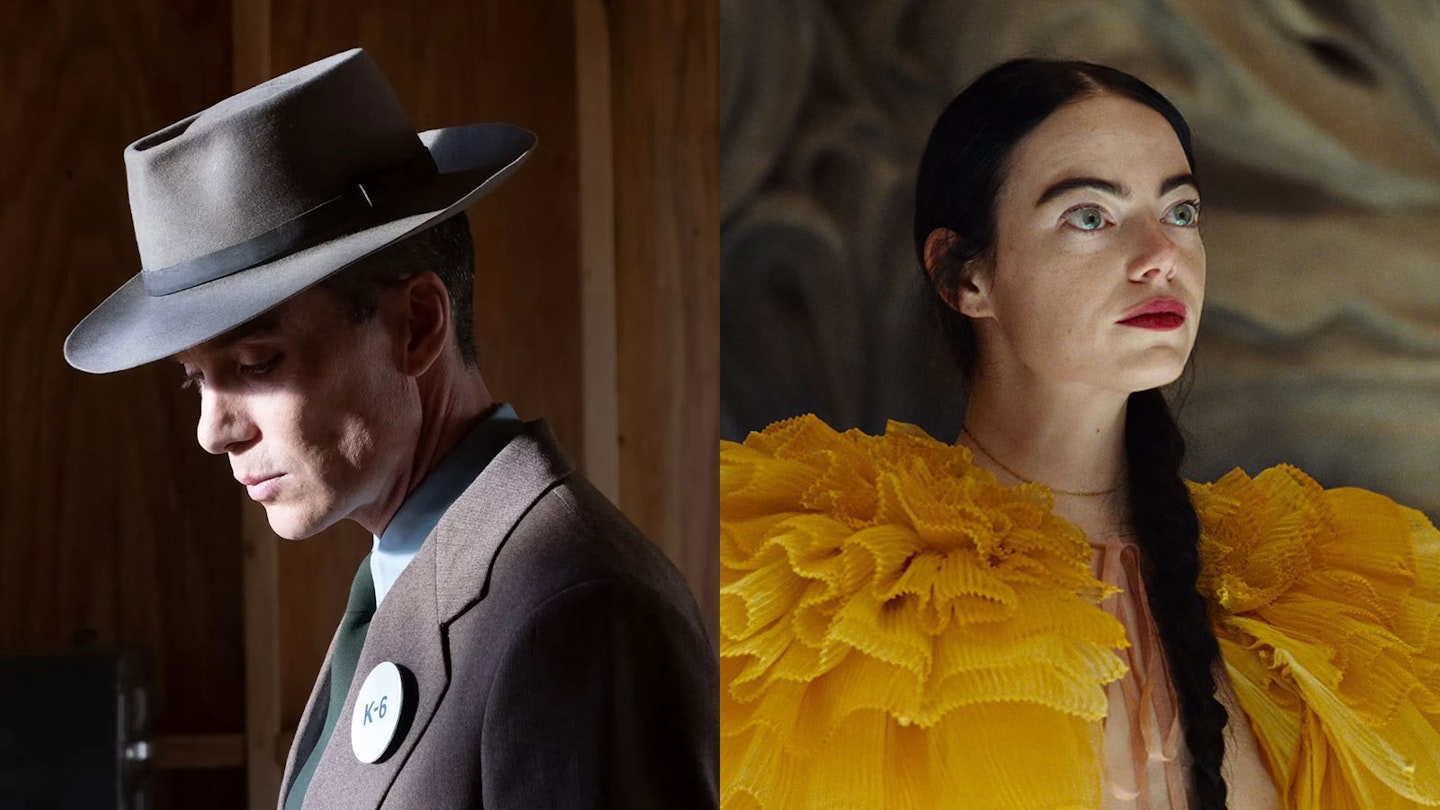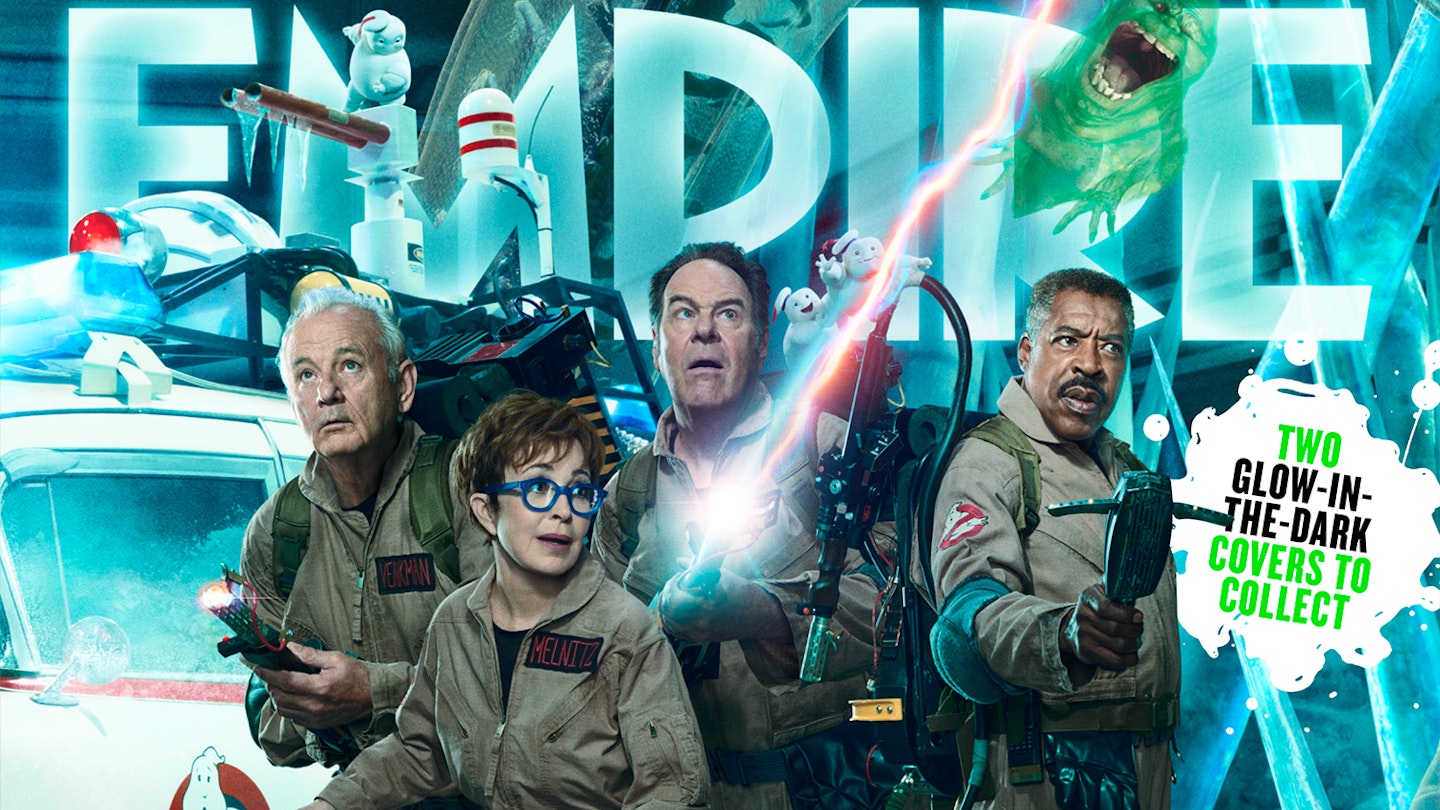Based on the 2001 book Erasure by Percival Everett, Cord Jefferson’s feature-film directorial debut, in some respects, feels like an echo of Spike Lee’s blistering satire Bamboozled. Both see an exhausted Black creative purposefully create something demeaning and offensive to make a point to white executives. And in both, that plan spectacularly backfires, thanks to their underestimation of how much white audiences wish to see their prejudices and biases affirmed.

In American Fiction, an English professor nicknamed ‘Monk’ (Jeffrey Wright) is told by his agent Arthur (John Ortiz) that his novels aren’t “Black enough”; in response, he turns in a manuscript for a book he at first calls ‘My Pafology’ (the next iteration is more explicit). It’s a parody: a collection of tropes about gangsters and absentee fathers intended to make a point about the idea of Black identity that the industry is profiteering from. Sadly for Monk, the book is hugely popular, and with Arthur’s encouragement he begins leaning into the lucrative farce.
For all the spikiness of the plot, Cord Jefferson balances it with tender scenes around Monk’s family.
But for all the spikiness of that plot, Jefferson balances it with tender scenes around Monk’s family, banding together after a sudden loss. Jefferson’s visual approach is gentle and reserved, though his staging of visual gags is incredibly sharp, speaking volumes even in moments without dialogue. One early scene sees Monk attend a book reading by Issa Rae’s Sintara Golden, her prose a breathtakingly awful display of cliché. Monk stares in annoyed disbelief at the book’s reductiveness of Black experience, before a white woman leaps to her feet in front of him in applause. It’s simple imagery — but simple works for much of the movie. Its screenplay is complex enough that it never feels sparse or unengaged.
It leaves more room for Wright’s performance as the permanently grumpy, curmudgeonly Monk to carry the film along. He’s a highlight in part because of moments like the aforementioned book reading: every micro-expression of incredulity is hilarious, but he also gradually brings out a vulnerability that his family and loved ones have struggled to get access to. Through its unspooling of Monk’s complex family life, the film’s tone becomes a lot more tender than its absurdist premise suggests.
Wright briefly enjoys a charming screen partner in Tracee Ellis Ross as Monk’s sister, the two bringing a natural, lived-in chemistry to their playful barbs at each other; just as captivating is Sterling K. Brown as Monk’s brother, who simmers with frustration while also revelling in coming out of the closet. Via the complications of Monk’s relationships, American Fiction becomes the kind of multifaceted story that Monk himself craves to write — the kind that cinema could use more of.



